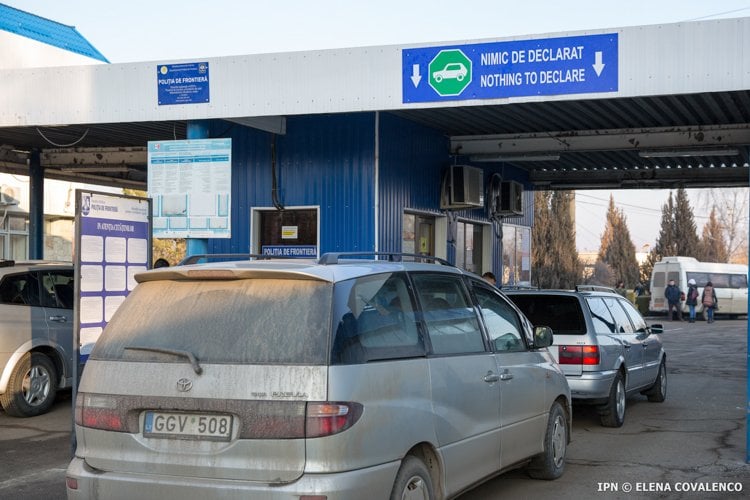A coordination centre became operational on Tuesday morning to keep in touch with the public health departments and the healthcare facilities under the authority of the Health Ministry for real-time identification of the risks related to coronavirus infection and establishing required measures.
"The operational centre will provide us with the up-to-date situation, all the useful and vital information for establishing the correct measures for the epidemic stages we find ourselves in. We will know about the existing medicine stocks, medical devices and disinfectants nationwide in hospitals, as well as the number of healthcare staff involved in the actions we conduct to contain infection, the number of free beds in the infectious disease wards and ICU, so that we can act in a coordinated way," said acting Minister of Health Victor Costache who went on Tuesday to the coordination centre, where he held a video conference with those involved.
Costache also unveiled a plan of measures for the preparation of hospitals, one of them being the limitation of scheduled hospitalisations in relation to the bed occupancy rate (including ICU beds) and local epidemiological developments. Depending on the dynamics of the situation, it may even be decided to ban scheduled admissions.
"Hospitals will report bed occupancy rates daily to the centralised electronic system of the coordination centre. The measure is required both to secure the capacity to take over cases by hospitals, as well as to the correct and efficient management of material and human resources. Adequate public communication will be secured so that, during this period, the public will only call on hospitals for emergencies. The aim is to avoid the overcrowding at healthcare facilities," according to a press statement released by the Strategic Communication Group (GSC).
In addition, a support network for infectious disease hospitals has been established. Depending on the contagiousness of non-coronavirus cases, support hospitals will be established, where patients will be transferred from infectious disease hospitals.
"In the first phase, it is recommended that the support hospitals should not be represented by the important emergency hospitals in the area, which can provide medical assistance for the other medical-surgical emergencies. Included in the network of support may be hospitals from other counties as well, mainly those with infectious disease wards, as well as hospitals from networks other than under the authority of the Ministry of Health (Ministry of Transport, Ministry of National Defence, private hospitals)."
In the ministry's plan, measures are also provided for the case of the crisis spreading and hospitals for infectious diseases getting overwhelmed, as well as regulations regarding the use of protective equipment.
Operational coordination centre set up to deal with risks related to coronavirus infection
Articole Similare

16
Rogobete: For rare diseases, concentrating expertise saves time, suffering and, sometimes, lives
16

18
INS: Coal production decreased by 2.7% in 2025; imports decreased by 60.3%
18

21
Giurgiu: Minister Alexandru Nazare: The year 2026 started right, with a budget surplus
21

16
EconMin: Europe must find path to real economic competitiveness
16

49
Ilie Bolojan, about conflict that broke out in Iran: All our structures are on alert
49

33
TAROM temporarily suspends flights to Tel Aviv
33

38
Ministry of Foreign Affairs strongly recommends Romanian citizens avoid any travel to State of Israel
38

24
CNAB:Bucharest-Tel Aviv flights could be affected due to events in Middle East/ Currently no cancellations are recorded
24

20
Oana Toiu says number of Romanians requesting repatriation from Israel is still low
20

11
ANAR: Completing Mihaileni accumulation remains strategic objective for protecting communities in Hunedoara County
11

13
AEP: Political parties receive over RON 15.4 million in state subsidies in February
13

13
JusMin Marinescu holds meeting with British Ambassador Portam
13

19
ICR: Writer Ana Blandiana on major tour of France - Lyon, Marseille, Aix-en-Provence, Strasbourg and Paris
19



















Comentează